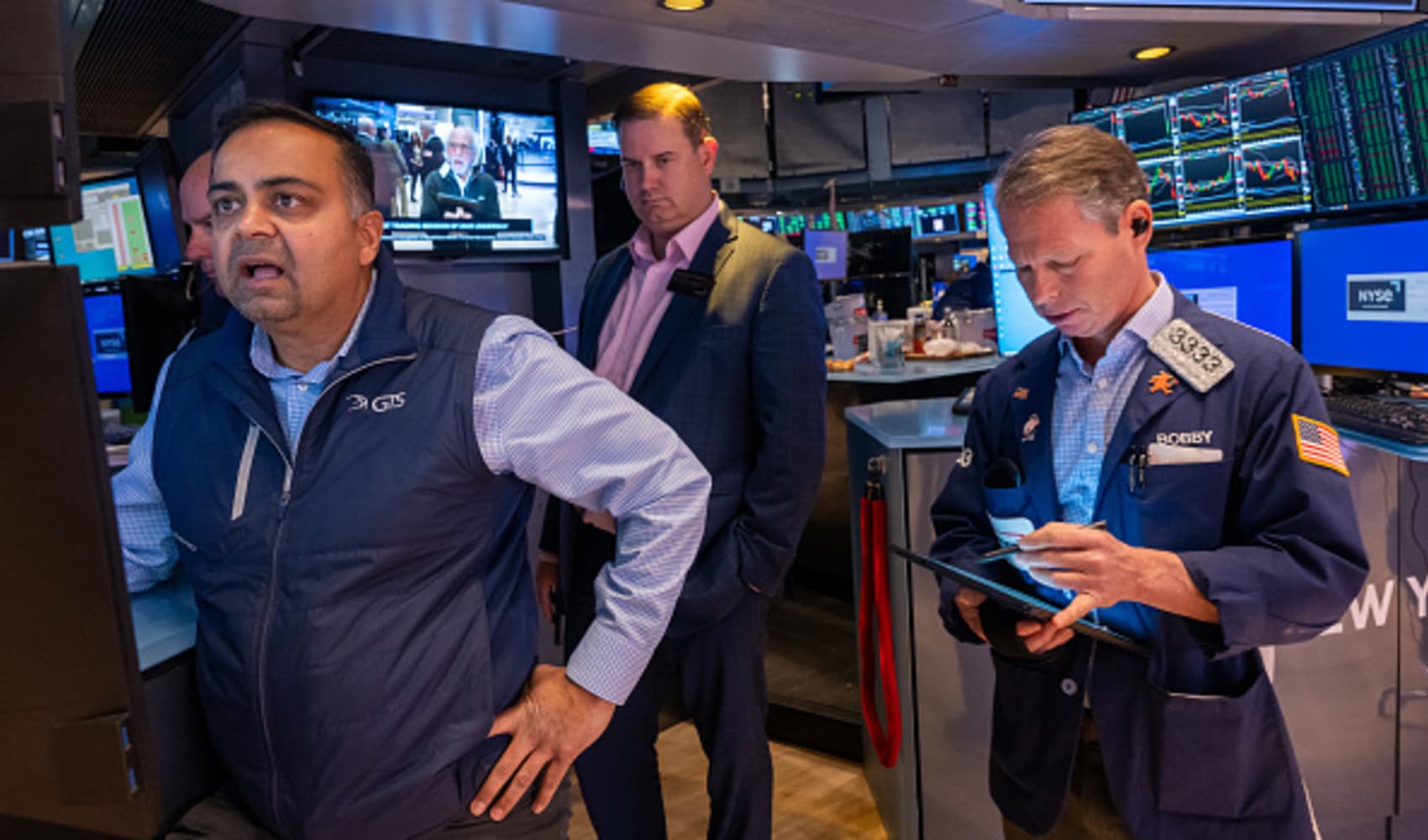
If you aren't up-to-date on your Covid vaccines or booster shots, Dr. Anthony Fauci has a stark warning for you: Get those doses now, or prepare for a harsh Covid fall and winter.
"If they don't get vaccinated or they don't get boosted, they're going to get into trouble," Fauci, President Biden's chief medical adviser, told Los Angeles radio station KNX News 97.1's "KNX In Depth" on Tuesday.
WATCH ANYTIME FOR FREE
>Stream NBC10 Boston news for free, 24/7, wherever you are. |
That applies to a clear majority of Americans. Nearly 228 million, or roughly 70%, of Americans were unvaccinated, hadn't completed their primary vaccine series or hadn't gotten their first booster dose as of July 21, according to the Kaiser Family Foundation.
The uptake is particularly low for booster shots. All Americans age 5 and older are eligible for a booster five months after finishing their primary vaccine series, but only 48.4% of those eligible people have actually gotten boosted, according to Centers for Disease Control and Prevention data.
Get updates on what's happening in Boston to your inbox. Sign up for our >News Headlines newsletter.
Among adults 50 and over who are eligible for a second booster shot, only 30.9% have gotten it, the data said.
That's a problem heading into the fall and winter. The U.S. could experience a major Covid surge with 100 million new infections and a wave of deaths in those upcoming months, White House Covid response coordinator Dr. Ashish Jha projected in May.
Fauci called the country's vaccine and booster rates "quite discouraging" and pointed to one potential reason why people aren't up-to-date: They simply think they don't need the additional doses, because they fall outside of high-risk populations for Covid. Those populations include the elderly, those with underlying or immunocompromising conditions and fully unvaccinated people.
Money Report
"People say, 'Well the risk to me is low. So why get it?'" Fauci said.
The reason, Fauci explained, is that the longer the virus circulates, the more of a chance it gets to mutate into a new variant that could threaten even low-risk populations. In other words, if you get Covid and fully recover without much fuss, you might personally be fine — but you're actively extending the virus's lifespan and giving it a chance to adapt even further.
Omicron's BA.5 subvariant, the country's currently dominant Covid strain, is already adept at partially evading protective antibodies triggered by vaccines, Fauci said. But that's no reason to avoid vaccine doses: Some protection against infection is better than no protection at all, and the vaccines still work exceptionally well at preventing severe illness, hospitalization and death.
Fauci said booster shots targeting Covid variants like BA.5, which will enhance immunity against those particular strains, will likely be available next month. Get one when you're eligible, Fauci said — and in the meantime, don't wait to catch up on the doses you're currently missing.
If you aren't worried about your own personal risk, do it for your "communal responsibility," Fauci said.
"If you want to get your arms around ... the outbreak, you want to get as many people in our community — and by community, I mean our nation and the world — vaccinated and boosted, so you don't give this virus such ample opportunity to really circulate," he said.
Sign up now: Get smarter about your money and career with our weekly newsletter
Don't miss:
Omicron-specific Covid vaccines could finally be here this fall—here's what you need to know






